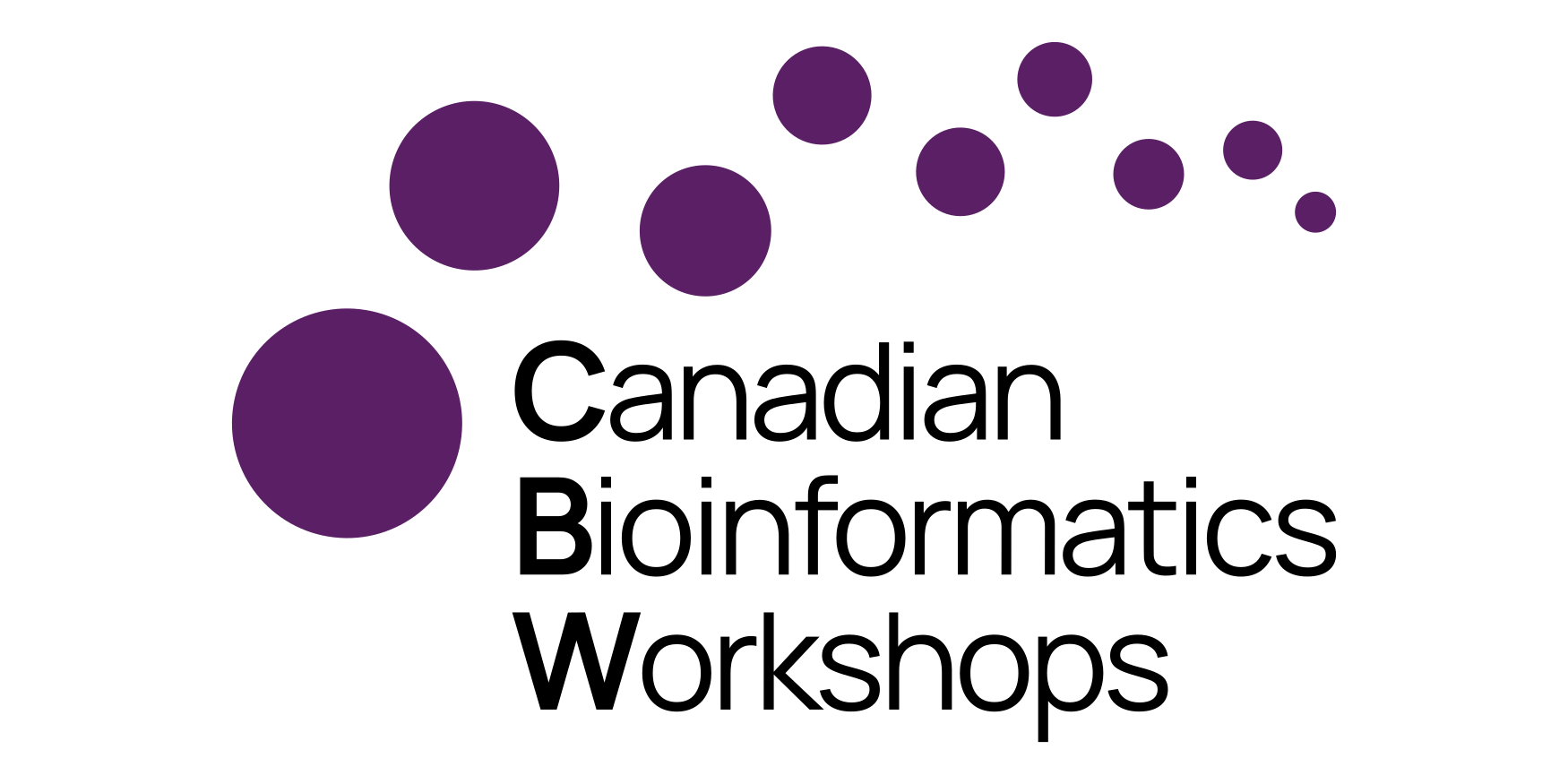(2024) Introductory Spatial ‘Omics Analysis: Toronto, ON
Date: 9 - 10 July 2024
The Introductory Spatial ‘Omics Analysis Workshop is a joint collaboration between Panoramics – A Vision, the Brain Single Cell Initiative and Canadian Bioinformatics Workshops. Spatial ‘omics methods allow researchers to profile the transcriptome in spatial context. Although viewing the data may be straightforward, analyzing the results is more challenging. This workshop will introduce the participant to single molecular spatial transcriptome and image analysis in a supportive environment with practical, hands-on sessions. This workshop will focus on brain research and utilize Xenium datasets but learnings will be applicable to other research programs and spatial single molecular transcriptomics. This workshop is offered both in-person and virtually. Please note that virtual participants will be supported by dedicated virtual TAs but may not have the same learning experience as in-person participants. Priority will be given to brain researchers located in Canada. ABOUT THIS COLLABORATION Funding for this workshop is provided by the Brain Single Cell Initiative. The Brain Single Cell Initiative has been made possible by the Canada Brain Research Fund (CBRF), an innovative arrangement between the Government of Canada (through Health Canada) and Brain Canada Foundation, and University Health Network. The Brain Single Cell Initiative is making single-cell and spatial genomics technology, along with scientific and bioinformatics support, available to brain researchers through the Princess Margaret Genomics Centre. Panoramics – A Vision is a pan-Canadian working cluster for spatial and single cell multi-omics analyses.
City: Toronto
Region: Ontario
Country: Canada
Prerequisites:
Basic familiarity with Unix commands and the R/Python scripting language. This workshop requires participants to complete pre-workshop tasks and readings. You will also require your own laptop computer. Minimum requirements: 1024×768 screen resolution, 1.5GHz CPU, 8GB RAM, 10GB free disk space, recent versions of Windows, Mac OS X or Linux (Most computers purchased in the past 3-4 years likely meet these requirements).
Learning objectives:
Participants will gain practical experience and skills to be able to: Appreciate the bench practices and workflow in preparation for optimum single molecular spatial experiments. Understand the guiding principles that influence panel design and will be able to design an optimum panel. Perform data clean-up and pre-processing (normalization, dimensional reduction) steps relevant and specific towards single molecular platforms. Understand the different non-spatial and spatial methods of analysis and will be able to apply some of these methods during the workshop, including the fundamental application of geo-spatial statistical analysis. Understand the principles behind non-segmentation and segmentation analysis and apply a basic non-seg/segmentation method over their analysis. At the end of the course, the registrant will be able to plan single-molecular experiments and direct their experiment through analysis.
Capacity: 30
Event types:
- Workshops and courses
Activity log

